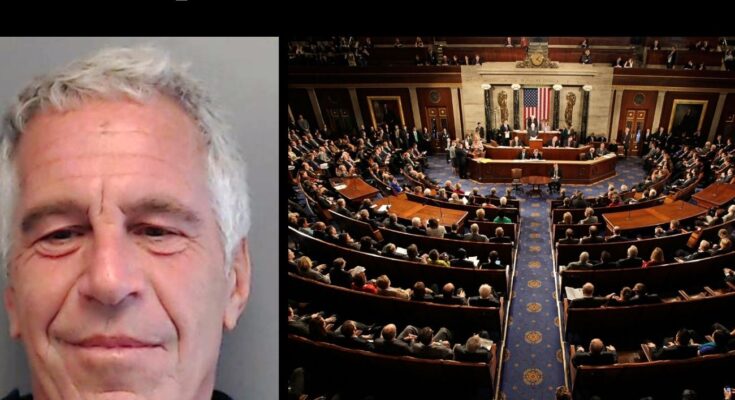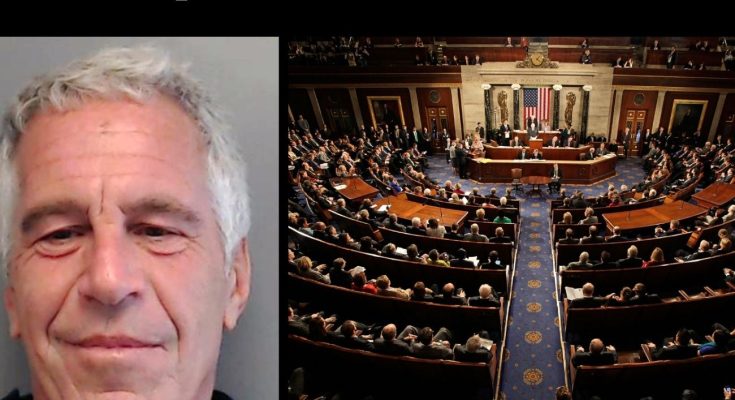
Larry Summers, the former president of Harvard University, announced that he will scale back his public commitments, according to the university’s student newspaper. The announcement comes after the House Committee on Oversight and Government Reform released seven years of correspondence between Summers, a longtime figure in and supporter of the Democratic Party, and financier Jeffrey Epstein.
In a statement released Monday to The Harvard Crimson, Summers said it was part of an effort “to rebuild trust and repair relationships with the people closest to me.”
The documents show that the two men exchanged messages as late as July 5, 2019 — one day before Epstein was arrested on federal sex-trafficking charges, but years after he was convicted of procuring a child for prostitution and soliciting a prostitute.
In the hundreds of messages made public, Summers appeared to express trust in Epstein and confided in him about his efforts to pursue a romantic relationship with a woman he referred to as a mentee, Fox News reported.
One message from November 2018 shows Epstein describing himself as Summers’ “wing man,” and the correspondence indicates he continued advising Summers on the matter for several months.
“I am deeply ashamed of my actions and recognize the pain they have caused,” Summers wrote in his statement to The Crimson.
“I take full responsibility for my misguided decision to continue communicating with Mr. Epstein,” he added.
Summers currently holds several professional roles, including serving as a senior fellow at the Center for American Progress – a left-wing think tank – as well as a paid columnist for Bloomberg News, and a member of the board at OpenAI.
He also remains a University Professor at Harvard and serves as director of the Mossavar-Rahmani Center for Business and Government at the Harvard Kennedy School, responsibilities he will continue to oversee, his spokesman said, according to the outlet.
In a statement Monday, Summers said, “While continuing to fulfill my teaching obligations, I will be stepping back from public commitments as one part of my broader effort.”
Rep. Jamie Raskin (D-MD), the ranking Democrat on the House Judiciary Committee, meanwhile, is facing mounting backlash after publishing a trove of private prison emails written by convicted human trafficker Ghislaine Maxwell.
Attorney Leah Saffian, who represents Maxwell, blasted Raskin’s actions as “a gross abuse of power” after workers at Federal Prison Camp Bryan in Texas were fired for leaking the correspondence. The emails were reportedly obtained without authorization and illegally passed to Raskin’s office before being released publicly.
“The congressman is a ranking member of the House Judiciary Committee, an attorney and law professor,” Saffian said Friday. “He must be aware that his conduct undermines the whole legal process. His action should be a matter for professional disciplinary action.”
Federal Bureau of Prisons officials confirmed the termination of multiple employees involved in the unauthorized access. Saffian said their decision to share the messages — and Raskin’s subsequent publication of them — amounted to “a breach of constitutional protections, including the First, Sixth and Fourteenth Amendments afforded to all prisoners.”
The emails revealed Maxwell’s uncharacteristic optimism about her stay at the Bryan facility, describing a markedly different environment than the Florida prison where she was previously held.
“The food is legions better, the place is clean, the staff responsive and polite,” Maxwell wrote in one message. “I have not seen a single fight, drug deal, passed-out person or naked inmate running around. I am much, much happier here and more importantly, safe.”
In another note, she mocked her old surroundings: “The kitchen looks clean too — no possums falling from the ceiling to fry on ovens and mingle with the food being served.”
Saffian said the disclosure was “just the latest example of Ms. Maxwell’s constitutional and human rights being ridden roughshod over,” adding that the Justice Department’s inspector general previously documented deplorable conditions at the Tallahassee facility where Maxwell had been housed.

